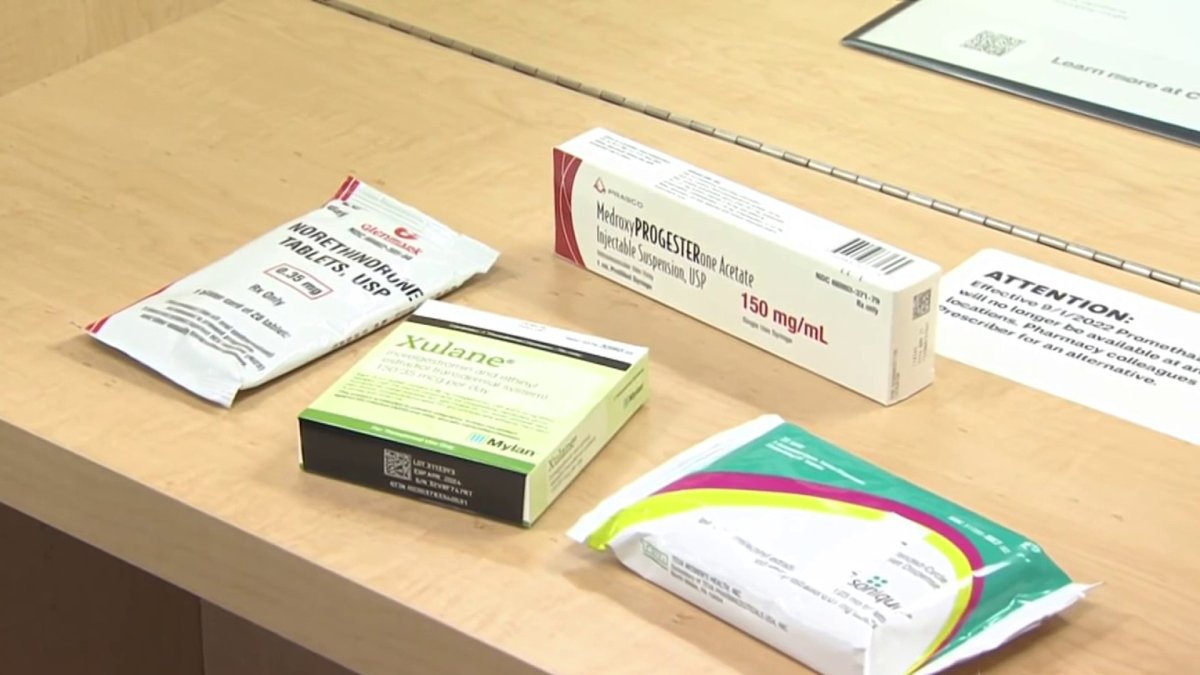
Lawmakers Monday introduced a bill that would allow pharmacists to prescribe birth control to women in Connecticut.
Both pharmacists and doctors said they support expanded access to birth control, assuming proper safety measures in place.
“Not just willy-nilly, don’t just run in and go, ‘woo, I need to have some birth control,’ no, no no, do it the right way, but this is a really great alternative to having to wait,” said Christine Keenan of Groton.
Keenan is talking about a new bill moving through the state legislature, proposed by State Sen. Ryan Fazio (R-Greenwich) and State Sen. Heather Somers (R-Groton) that would allow pharmacists to prescribe and dispense birth control.
“I’m absolutely for that,” Keenan said.
Get Connecticut local news, weather forecasts and entertainment stories to your inbox. Sign up for NBC Connecticut newsletters.
On Monday, lawmakers gathered in Groton to outline the bill’s plan.
“Allowing pharmacists to dispense birth control is critical to women’s health,” Somers said. “It increases accessibility, affordability, and quality care for women.”
If passed, trained pharmacists would be able to prescribe and dispense hormonal birth control in pill, patch or ring form.
Local
“To expand access to healthcare is a good idea, but we have to do it in a meaningful and safe manner,” said Dr. Craig McKnight, obstetrician-gynecologist in Connecticut.
Pharmacists would have to carry out a health assessment with the patient before dispensing the product.
“We are truly on the front lines of healthcare care, and we do so much more than simply fill prescriptions. We are highly educated and trained healthcare professionals and we can and will provide a broad spectrum of services,” said CVS pharmacist Janet Mattiucci.
Pharmacists would also be required to report the prescription to the woman’s primary care physician.
“There would be an established screening that pharmacists would go through to make sure, looking at whether the person smokes, what their history is, etc.,” Somers said.
McKnight said understanding medical history is key in a safe expansion of access, but added there’s no replacement for an annual check-up.
“We have to be sure that we still do for those people all those things that we do when we prescribe it in the office,” McKnight said.
Fazio said this practice is currently allowed in 21 states, plus Washington D.C., and that the bill has bipartisan support within the state.
The bill is expected to receive a public hearing in front of the legislature’s Committee on Public Health in the coming weeks.